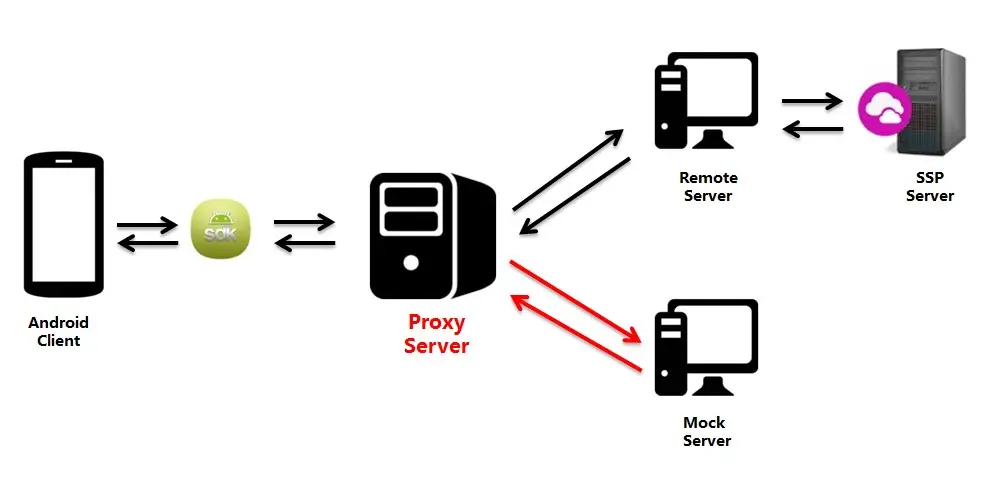There are several reasons organizations and individuals use a proxy server.
To control internet usage of employees and children: Organizations and parents set up proxy servers to control and monitor how their employees or kids use the internet.
Most organizations don’t want you looking at specific websites on company time, and they can configure the proxy server to deny access to specific sites, instead of redirecting you with a nice note asking you to refrain from looking at said sites on the company network. They can also monitor and log all web requests, so even though they might not block the site, they know how much time you spend cyberloafing.
Bandwidth savings and improved speeds: Organizations can also get better overall network performance with a good proxy server. Proxy servers can cache (save a copy of the website locally) popular websites – so when you ask for www.varonis.com, the proxy server will check to see if it has the most recent copy of the site, and then send you the saved copy.
What this means is that when hundreds of people hit www.varonis.com at the same time from the same proxy server, the proxy server only sends one request to varonis.com. This saves bandwidth for the company and improves the network performance.
Privacy benefits: Individuals and organizations alike use proxy servers to browse the internet more privately. Some proxy servers will change the IP address and other identifying information the web request contains. This means the destination server doesn’t know who actually made the original request, which helps keeps your personal information and browsing habits more private.
Improved security: Proxy servers provide security benefits on top of the privacy benefits. You can configure your proxy server to encrypt your web requests to keep prying eyes from reading your transactions. You can also prevent known malware sites from any access through the proxy server.
Additionally, organizations can couple their proxy server with a Virtual Private Network (VPN), so remote users always access the internet through the company proxy. A VPN is a direct connection to the company network that companies provide to external or remote users.
By using a VPN, the company can control and verify that their users have access to the resources (email, internal data) they need, while also providing a secure connection for the user to protect the company data.
Get access to blocked resources: Proxy servers allow users to circumvent content restrictions imposed by companies or governments. Is the local sportsball team’s game blacked out online? Log into a proxy server on the other side of the country and watch from there.
The proxy server makes it look like you are in California, but you actually live in North Carolina. Several governments around the world closely monitor and restrict access to the internet, and proxy servers offer their citizens access to an uncensored internet.
